Haramaya University recently conducted an important awareness training program on the prevention of communicable diseases and personal hygiene for inmates at Maya City and Harari Regional State Prisons.
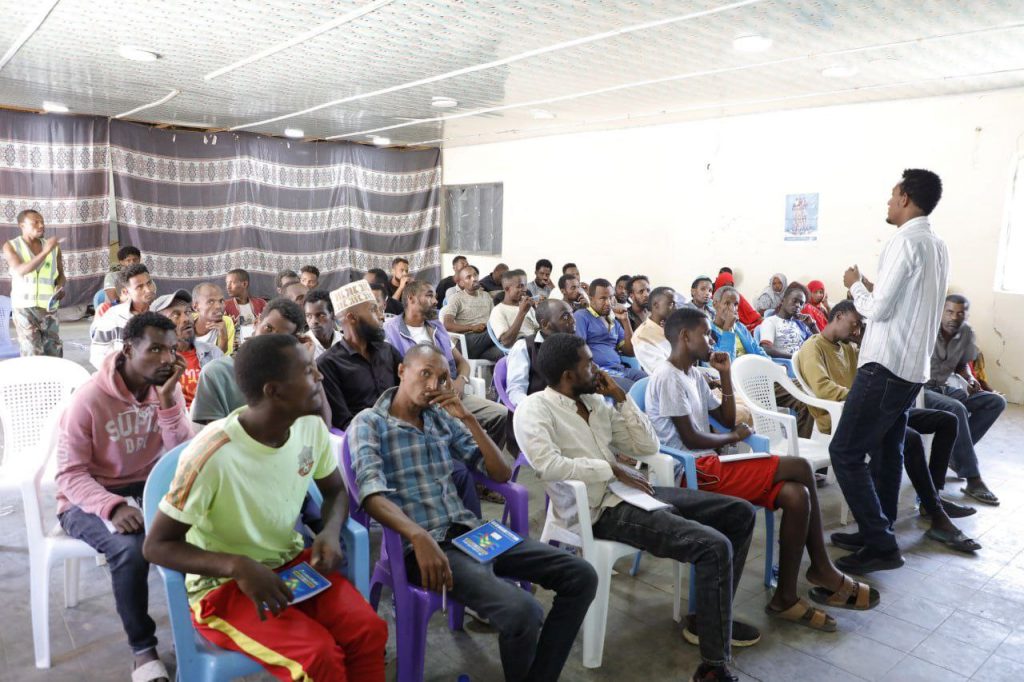
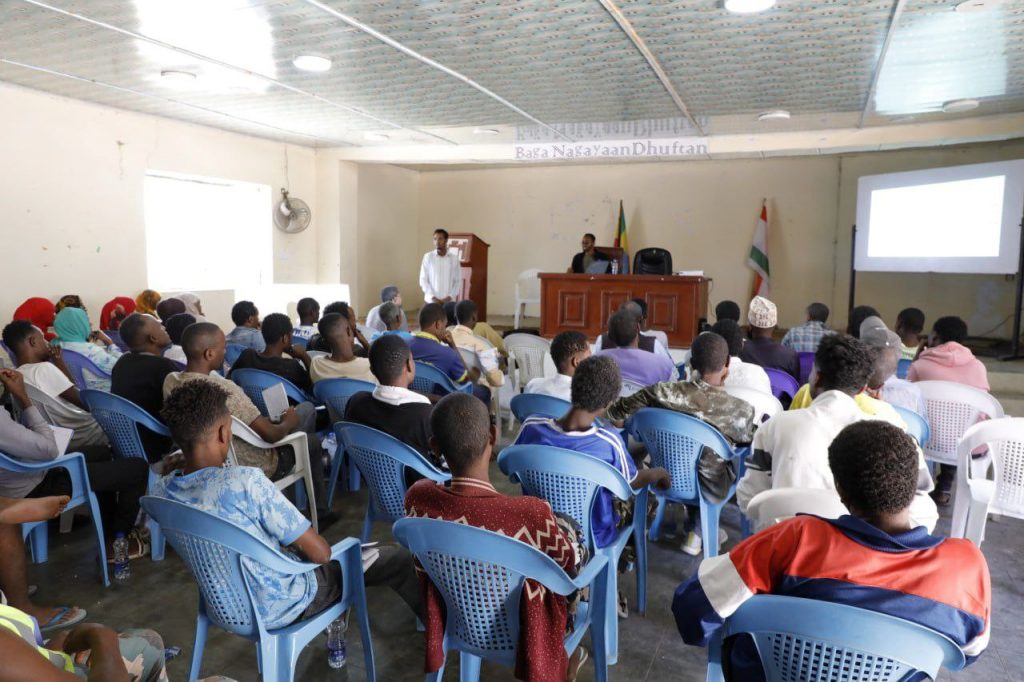
The training aimed to equip 150 inmates with essential knowledge to protect themselves and others from infectious diseases within the prison environment. Participants learned practical strategies for maintaining personal hygiene and preventing the transmission of diseases.
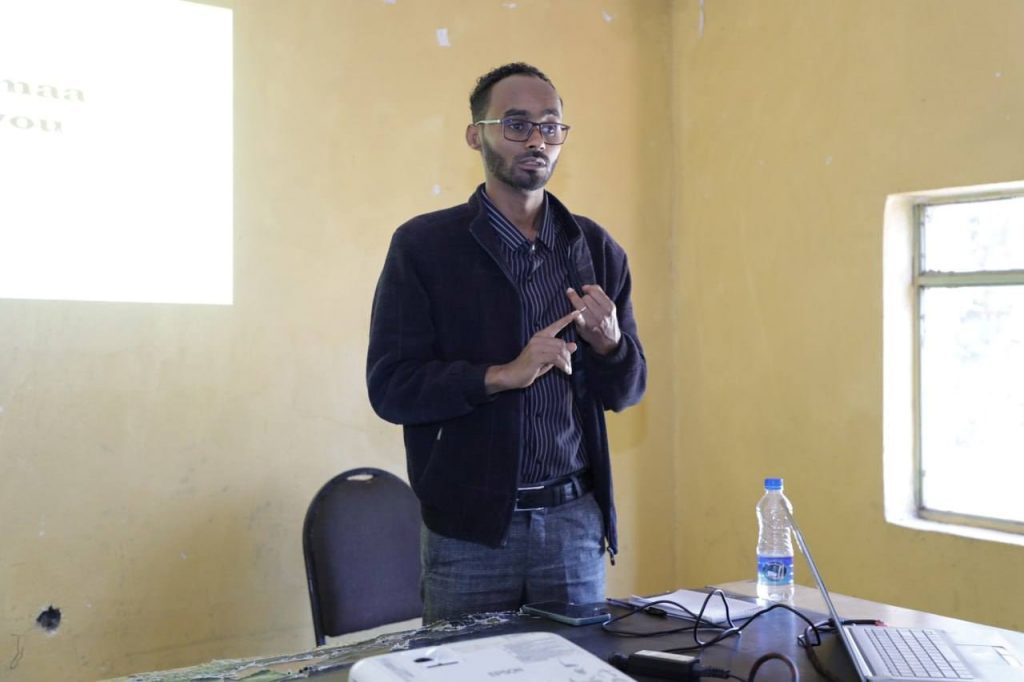
Mr. Abdi Berhanu, Coordinator of Community Services at Haramaya University Health and Medical Sciences College, emphasized the critical need to address the lack of awareness surrounding infectious diseases in these facilities. “Increased awareness is vital in preventing and managing communicable diseases, thus safeguarding the health of both inmates and the wider community,” he stated. He also underscored the importance of ongoing training and urged prison management to actively participate in future initiatives.
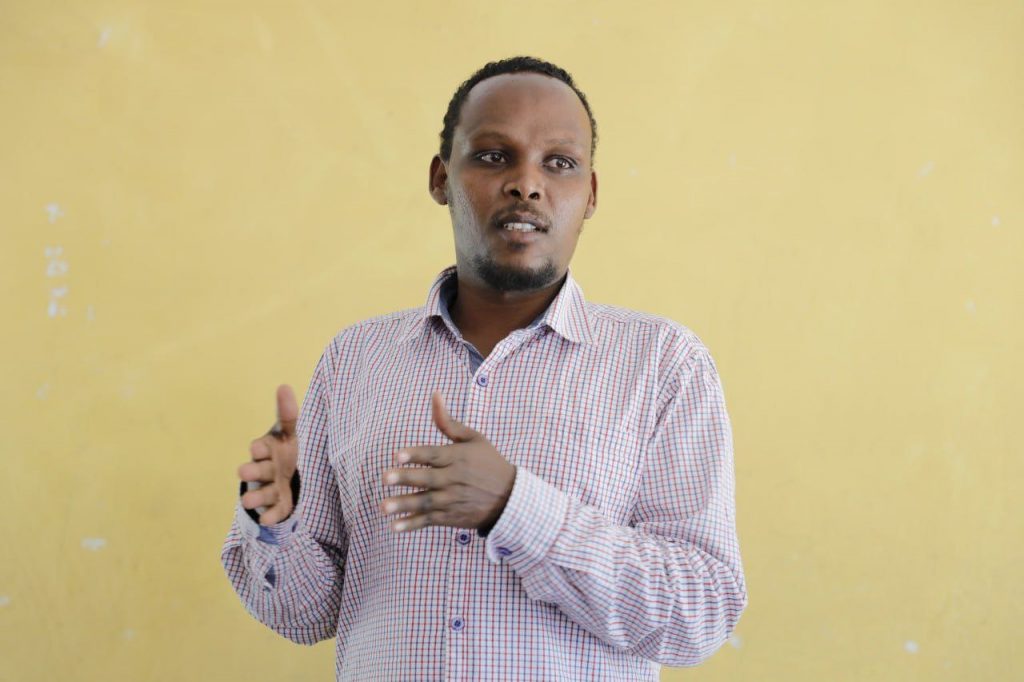
Mr. Ibsa Aliyi, Community Engagement Coordinator, highlighted Haramaya University’s commitment to serving the community beyond its academic responsibilities. “As a leading university, we recognize our duty to support all members of society, including incarcerated individuals. This collaboration with the prisons is a vital step in promoting health and well-being,” he explained.
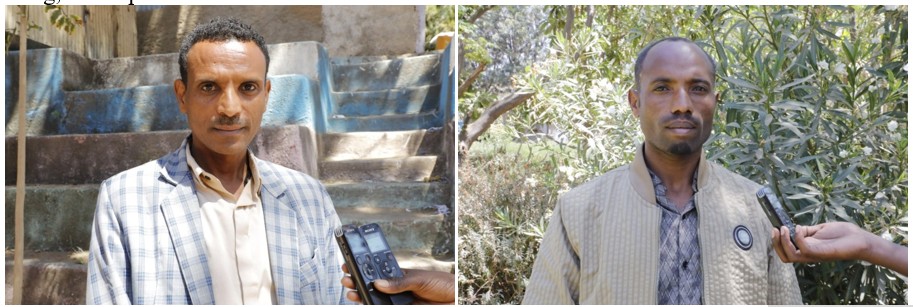
Prison officials expressed their deep gratitude for the university’s initiative. Deputy Inspector Tadese Zabeh, a health expert at Harari Regional Prison, stressed the importance of enhanced awareness for improving inmate health. Senior Sergeant Dereje Getahun of Maya City Prison noted the significant positive impact of the training on inmates’ understanding of infectious diseases and called for continued support in all areas.

Inmates who participated in the training reported feeling empowered by their newfound knowledge. They expressed a commitment to practicing good hygiene and understanding the nature of infectious diseases to better protect their health and well-being.
By: Shemsedin Mohammed
Haramaya University Public & International Relations Directorate
